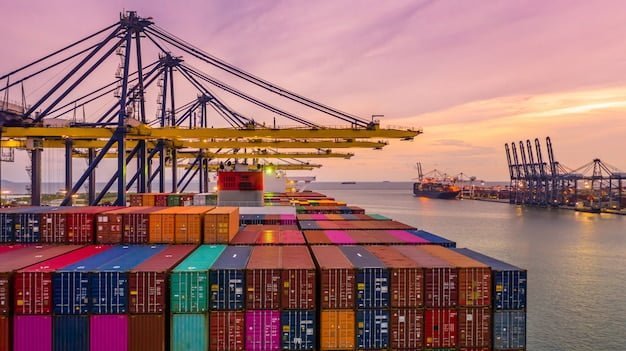With regard to the Tasmania Export Freight Logistics Advisory Service (TEFLAS), which Affairs of State is conducting for the Tasmania government, we are often asked asked about ongoing freight challenges and their impact on exporters.
The impact from ongoing logistics challenges is real, off-island supply chains are disrupted, congested and uncertain. Costs continue to escalate as shipping lanes are impacted with closures, port congestion, last step delivery issues and the ongoing volatilities that lead to uncertainly in the price of a barrel of oil.
Some typical Tassie case studies under these scenarios, examples of where the TEFLAS service can help include:
- An SME, trading domestic and export. Turnover less than $1 million per annum. Much effort has gone into protecting and developing domestic and international customer relationships. Sales revenue is up by 20-30%, customers are committing to the product but the impact on the bottom line is negligible due increases in cost of goods sold and logistics. Can the business do better?
- High volume exporters, trading with seasonality to grow, pack, sell and ship. Container availability (particularly international 40’ reefers and 20’ dry containers) are in short supply. Contracts over a season can’t be executed, ever increasing logistics costs cannot be passed on further, margins are too tight to absorb more cost and decisions need to be made about growing and producing for the next export seasons. Decisions to limit production risks long-standing export channels, competitiveness, jobs and viability.
- A B2C producer, a shipper of smaller volumes in general but large in relation to the overall business turnover. Claims for the Tasmania Freight Equalisation Scheme are too onerous for individual shipments. Competitive courier options are limited. Supply chain costs are increasing, margins are crimped. Investment to grow the B2C channel is measured due to the uncertainty of logistics, cost and the ability to get the product to the customer effectively.
There are many case studies, these are three typical examples. Engagement with Affairs of State can help individual business impacted by ongoing logistics channels. The engagement with Affairs of State is also building state-wide views on forward demand and freight requirements. Most importantly it is providing the opportunity to assess and model consolidation, aggregation and collaboration.
Yes we can do freight better to and from Tasmania.
